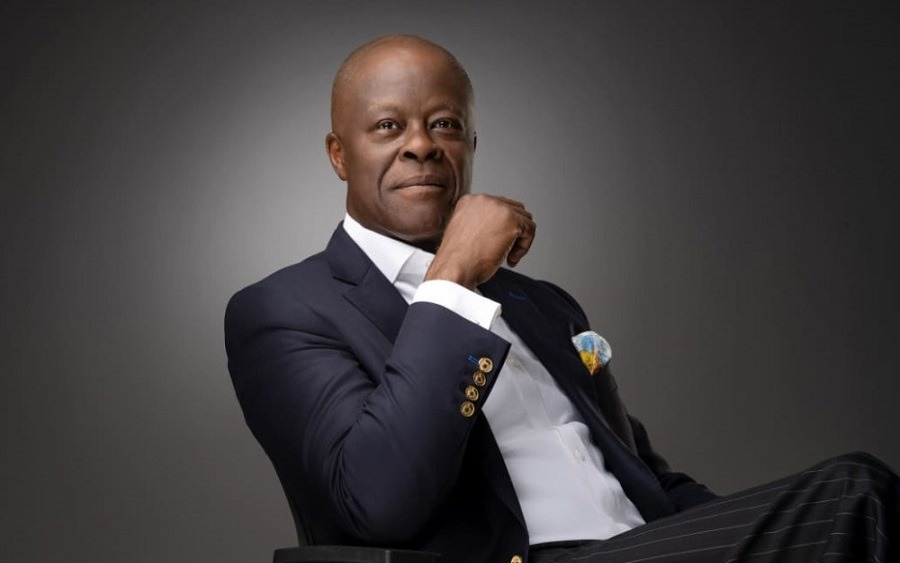
Nigeria Saves $20 Billion After Removing Fuel Subsidies – Wale Edun
The Nigerian Federal Government has reportedly saved approximately $20 billion by eliminating petrol subsidies and shifting to a market-driven foreign exchange system, according to Wale Edun, the Minister of Finance and Coordinating Minister of the Economy. Edun revealed this during a ceremony marking the first 100 days in office of Esther Walso-Jack, the newly appointed Head of the Civil Service of the Federation.
The removal of petrol subsidies, a policy announced by President Bola Tinubu on May 29, marked a pivotal shift in addressing long-standing fiscal challenges. Edun explained that subsidies on Premium Motor Spirit (PMS) and the previous foreign exchange regime consumed around five percent of Nigeria’s Gross Domestic Product (GDP) annually. “If we estimate the GDP at $400 billion, five percent amounts to $20 billion – funds that can now be redirected toward infrastructure, health, social services, and education,” Edun noted.
Trending Now!!:
While the financial savings are substantial, the policy has faced challenges, including a steep rise in fuel prices that has strained household budgets. Edun acknowledged these difficulties but emphasized that the reforms have significantly reduced inefficiencies and curbed corruption. “No one can wake up and target cheap funding or forex from the central bank for personal gain without adding value,” he remarked, underlining the administration’s commitment to eliminating rent-seeking practices.
Public reactions to these reforms have been mixed. On social media, some users commended the government’s recognition of the economic strain subsidies imposed, while others questioned the transparency and allocation of the savings. Skepticism has grown in light of the government’s recent approval to borrow $2.2 billion for the 2024 budget despite claims of significant savings.
Edun emphasized that the reforms under President Tinubu’s leadership aim to stabilize Nigeria’s fiscal position and eliminate avenues for profiteering from inefficient subsidy systems. “Profiteering from the petrol subsidy regime is no longer possible,” he said, reiterating the administration’s intent to channel savings into developmental projects.
Critics, however, argue that the impact of these savings has yet to reach ordinary Nigerians. Many are grappling with higher living costs, while promised public service and infrastructure improvements still need to be made public.
Adding to the controversy, the Nigerian National Petroleum Company (NNPC) Limited revealed in August that the government owes it N7.8 trillion for under-recovery, contradicting earlier assurances that no subsidy had been reintroduced. This revelation has raised further questions about the clarity and execution of the government’s economic policies.
As Nigeria navigates these sweeping reforms, the government faces mounting pressure to ensure that the benefits of its policies translate into tangible improvements for the nation’s citizens.


